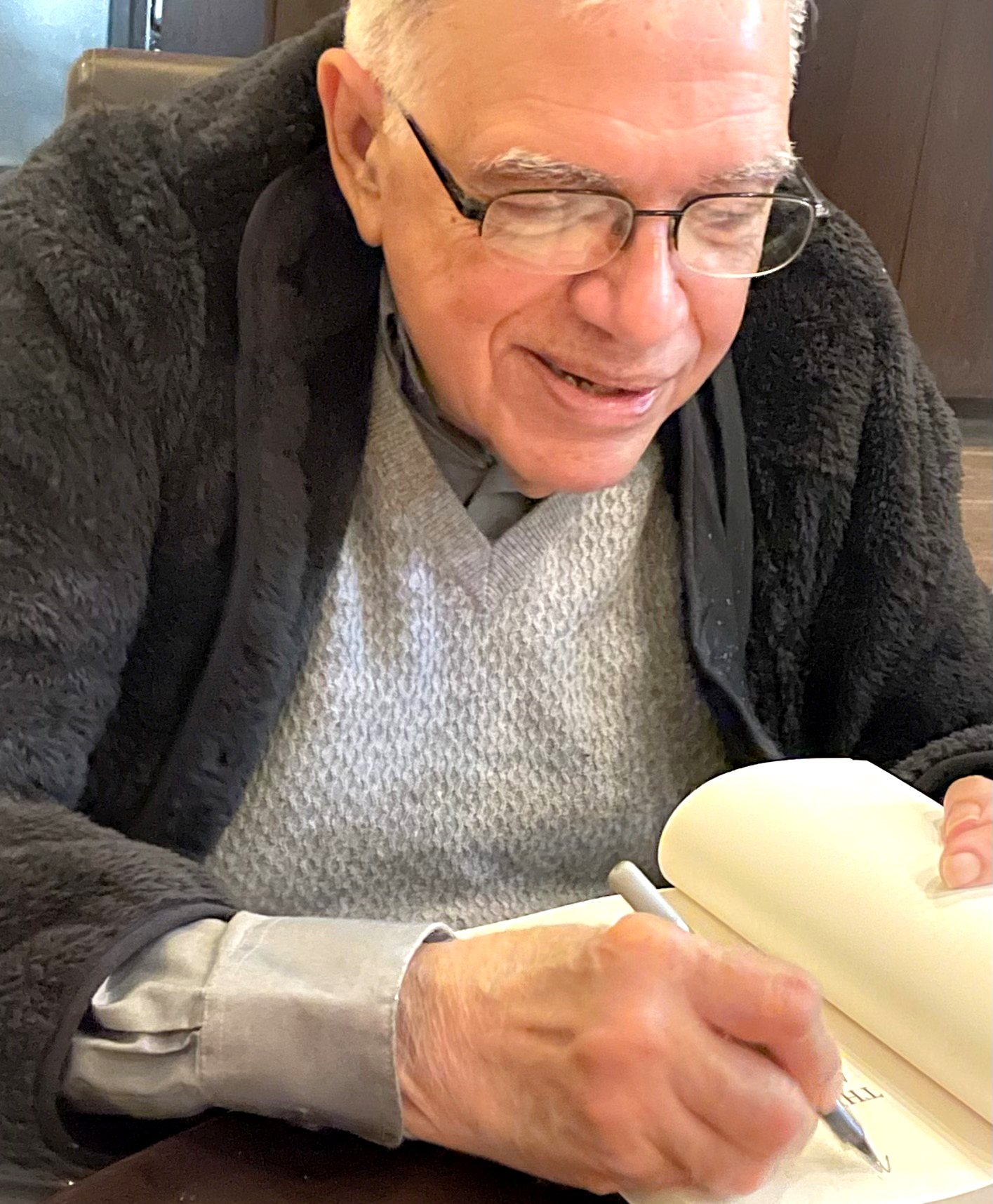Happiness that Stayed with Me
Alma a quien todo un dios prisión ha sido, /venas que humor a tanto fuego han dado,
médulas que han gloriosamente ardido,/ su cuerpo dejará, no su cuidado;
serán ceniza, mas tendrá sentido;/ polvo serán, mas polvo enamorado.
(Soul that has a god confined/ veins that such a blazing fire have fueled,
marrows that have so gloriously gone in flames/the body will depart, but not its cares;
will soon be ash, but ash that is aware/dust will they be, but dust still in love.)
Amor constante, más allá de la muerte (Love that endures beyond death), Francisco de Quevedo
The December issue of Opera Addict ran a contest geared towards its upcoming February issue, to be published on Valentine’s Day. Participants were to submit a list of what they thought were the ten leading opera love duets, identifying the greatest one among them and explaining the reasons for their choice. The winner would be the contestant that provided the most persuasive justification for picking a duet over all others.
Paul, an opera devotee and recent widower, decided he must enter the contest. He set to work, combing through his vinyl collection, the compact disks of opera recordings, the MP3s stored in his laptop, the YouTube catalog. He assembled a list that was hardly earthshaking, for it included nuggets beloved by most opera enthusiasts.
The only difficulty he encountered in putting together the list was having to limit it to ten duets, since there were so many jewels in the repertory that he felt picking only ten was arbitrary. At the end, these are the arias he came up with, in no particular order:
- O Soave Fanciulla, from Puccini’s La Boheme.
- Gia Nella Notte Densa, from Verdi’s Otello.
- Liebesnacht, from Wagner’s Tristan und Isolde.
- Wintersturme sequence, from Wagner’s Die Walkure.
- Bimba Degli Occhi Pieni di Malia, from Puccini’s Madama Butterfly.
- Sulla tomba che rinserra il tradito genitore, from Donizetti’s Lucia di Lammermoor.
- Teco io sto, from Verdi’s Un Ballo in Maschera.
- Mario, Mario, from Puccini’s Tosca.
- Gibt es kein Hinüber?, from Richard Strauss’ Ariadne auf Naxos.
- Glück, das mir verblieb, from Korngold’s Die tote Stadt.
Coming up with a favorite aria and justifying it proved even harder than assembling the list. If he based his choice on the beauty of the melodic line, the selection from Donizetti – a leading bel canto composer – would be the obvious choice. For drama, the Verdi arias were unmatched. Tenderness and elegance were Puccini’s trademarks. Passion poured out of Wagner’s music, and Strauss’ complex melodies touched the soul. All these characteristics of a love duet were important, but what made one duet the best?
Paul realized that, since the choice was ultimately subjective, he should turn inwards and reflect on what aspects of his own love life were featured in each of the duets.
***
As the song goes, some enchanted evening he had met Marie in a crowded room, full of people he did not know and did not care for. She had a clear, musical voice that stood out from the hubbub of the party. Following that voice, he had pursued its owner with energy and determination. He had succeeded and their first chance encounter had expanded to fill a lifetime.
They married after a brief courtship and stayed together for forty years, until her untimely death from cancer. In retrospect, those years were lacking only in being too few. During them, they built a comfortable new house; raised a beautiful child; doted over five lap dogs; traveled the world; and shared one joyful moment after another: glorious sunsets over the Grand Canal; the sublime paintings of Botticelli; the awesome majesty of Monument Valley; the clean taste of a young Pinot Grigio; tasty sopapillas after a Southwestern meal in Santa Fe; the delightful farce of A Little Night Music; the almost religious feeling of the Largo from Dvorak’s New World Symphony; the bitter sweetness of Act 3 of La Boheme …
And it wasn’t only their shared happy experiences, but the unanimity of their likes and dislikes: their passion for learning; their hatred for bigotry; their loyalty to a few friends and relatives; their unquenchable curiosity …
And, of course, their love and admiration for each other.
***
The aftermath of Marie’s passing was difficult. Her absence weighed on Paul’s soul like a leaden wall that refused to be lifted. Yet, the burden was accompanied by an infinite sequence of remembered intimacies: memories came back into his consciousness at every turn as moments to be savored.
Some memories were almost trivial – her weakness for romantic TV serials, the way she fought to control her weight, her backseat driving every time Paul took to the wheel of their car, her love for antiques.
Others were more profound, for they touched deeply into their relationship. Like, squeezing each other hand while listening to Rachmaninoff or watching Prokofiev’s Romeo and Juliet. Like, every night before going to sleep, her pleading: “Will you tickle my back?” a request which, fulfilled, would evolve into growing caresses and kisses until slumber took hold of them. Like, holding each other close for warmth and closeness in a chilly hotel in Quebec. Like, sighing with relief when the plane that held them and their newly adopted foreign daughter took off for America. Like, sharing their grief when her fatal diagnosis was announced.
Paul found himself wondering, many times each day, what Marie would think or do about something. With each event that cropped up in his daily existence, he would question her reaction: Would she like the new season of The Crown? Should he let his beard grow? How about ordering Thai for dinner? Her unseen presence colored almost every moment, bringing remembered joy and present sadness to his life.
***
So, he came to realize that his favorite love duet, indeed the one that touched on the most important aspect of his love, was Glück, das mir verblieb, a song that tells of the joys of love and the transitoriness of life but, at the end, praises love’s ability to endure and remain constant after death.
***
Paul submitted his list, identifying Glück as his favorite love duet. He did not win, because the judges felt Glück did not sing of the protagonists’ love for each other, but about a departed one; they picked O Soave Fanciulla instead.
Paul accepted this result, but felt his search had nonetheless been productive. For, to him, Glück embodied the most important point that can be made about love: true love never dies.

Born in Cuba, Matias Travieso-Diaz migrated to the United States as a young man. He became an engineer and lawyer and practiced for nearly fifty years. After retirement, he took up creative writing. Over one hundred of his short stories have been published or accepted for publication in paying anthologies, magazines, blogs, audio books and podcasts. A first collection of his stories, “The Satchel and Other Terrors” is available on Amazon and other book outlets.



